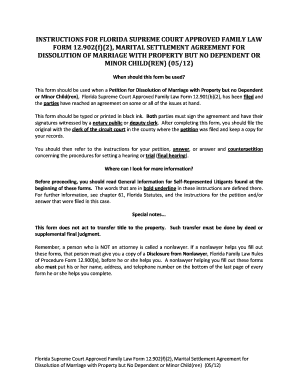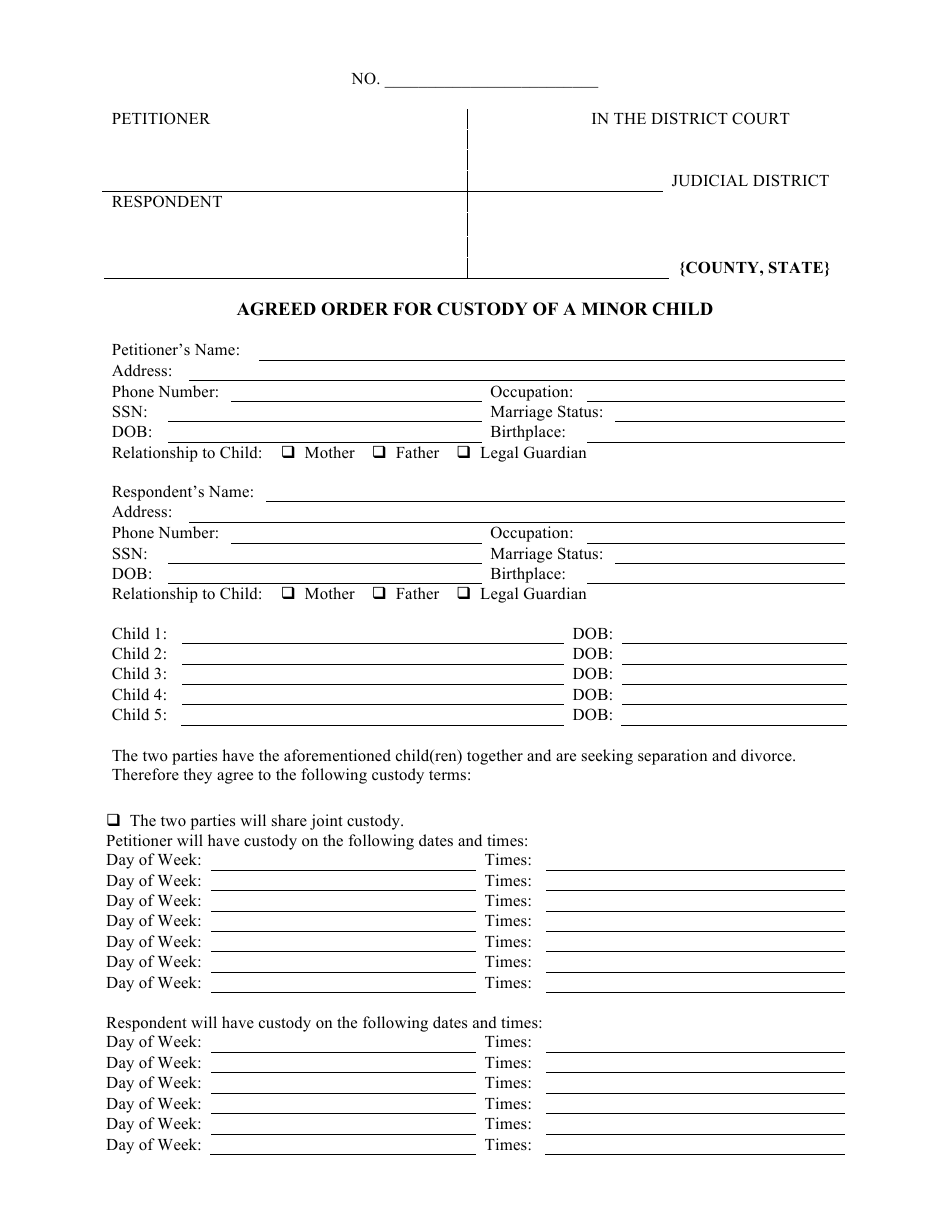
- #Judicial consent for minors seeking marriage code#
- #Judicial consent for minors seeking marriage license#
Minors under 18 need parental consent and a court order obtained on the showing the court requires
#Judicial consent for minors seeking marriage license#
Minors under minimum age may obtain license in case of pregnancy or birth of child, with parental consent and judicial order. Minors under 16 may be allowed to marry with parental consent and approval of superior court judge. Superior court judge may grant permission for person over 14 at hearing with parents and minor.

Marriage between 16 and 18 without parental consent is not grounds for annulment. Minimum Legal Age Without Parental Consent According to Ohio statutes, the probate court may delay issuing the license until the court is convinced that the female is pregnant and will carry the child to term or may even delay issuance of the license until the baby is born. In that state, the juvenile court is authorized to grant official consent to the marriage of underage persons, and the probate court issues the license. Ohio has the most explicit rule on this issue.

#Judicial consent for minors seeking marriage code#
Provisions for underage marriages exist in order to permit pregnant minor females and/or couples to marry, and prevailing code language still clearly reflects that bias. A growing number of states now require counseling for minors seeking to marry. Virtually all states allowing the marrying of minors require court approval in addition to parental consent. While only three states, California, Kansas, and Massachusetts, have no statutory minimum age under which marriage licenses will not be issued, many states with a minimum age requirement do permit marriages between minors under that age. The age of majority is now universally eighteen, except in Mississippi, where the parties need to be twenty-one. However, below this age, parental consent is required (though states do not require the consent of a parent or guardian who is not present in the country or who has abandoned his or her child). The right to marry is considered very personal, and once the “age of majority, ” or when one can marry without the permission of a parent or guardian, is reached, it is the couple ’s sole decision whether or not to marry. The provisions of this subsection do not relieve a parent, parents or legal guardian from liability for payment for emergency services provided to a minor pursuant to NRS laws regulating marriage are quite uniform. The parent, parents or legal guardian of a minor who receives services pursuant to subsection 2 are not liable for the payment for those services unless the parent, parents or legal guardian has consented to such health care services. In the absence of negligence, no person providing services pursuant to subsection 2 is subject to civil or criminal liability for providing those services.Ħ. A minor may not consent to his or her sterilization.ĥ. If the person believes that such efforts would jeopardize treatment necessary to the minor s life or necessary to avoid a serious and immediate threat to the minor s health, the person may omit such efforts and note the reasons for the omission in the record.Ĥ. A person who treats a minor pursuant to subsection 2 shall, before initiating treatment, make prudent and reasonable efforts to obtain the consent of the minor to communicate with his or her parent, parents or legal guardian, and shall make a note of such efforts in the record of the minor s care.

The consent of the minor to examination or treatment pursuant to this subsection is not subject to disaffirmance because of minority.ģ. Except as otherwise provided in subsection 4 and NRS 449.6942 and 450B.525, the consent of the parent or parents or the legal guardian of a minor is not necessary for a local or state health officer, board of health, licensed physician or public or private hospital to examine or provide treatment for any minor, included within the provisions of subsection 1, who understands the nature and purpose of the proposed examination or treatment and its probable outcome, and voluntarily requests it. (d) In a physician s judgment, in danger of suffering a serious health hazard if health care services are not provided.Ģ. (a) Living apart from his or her parents or legal guardian, with or without the consent of the parent, parents or legal guardian, and has so lived for a period of at least 4 months Except as otherwise provided in NRS 450B.525, a minor may give consent for the services provided in subsection 2 for himself or herself or for his or her child, if the minor is:


 0 kommentar(er)
0 kommentar(er)
